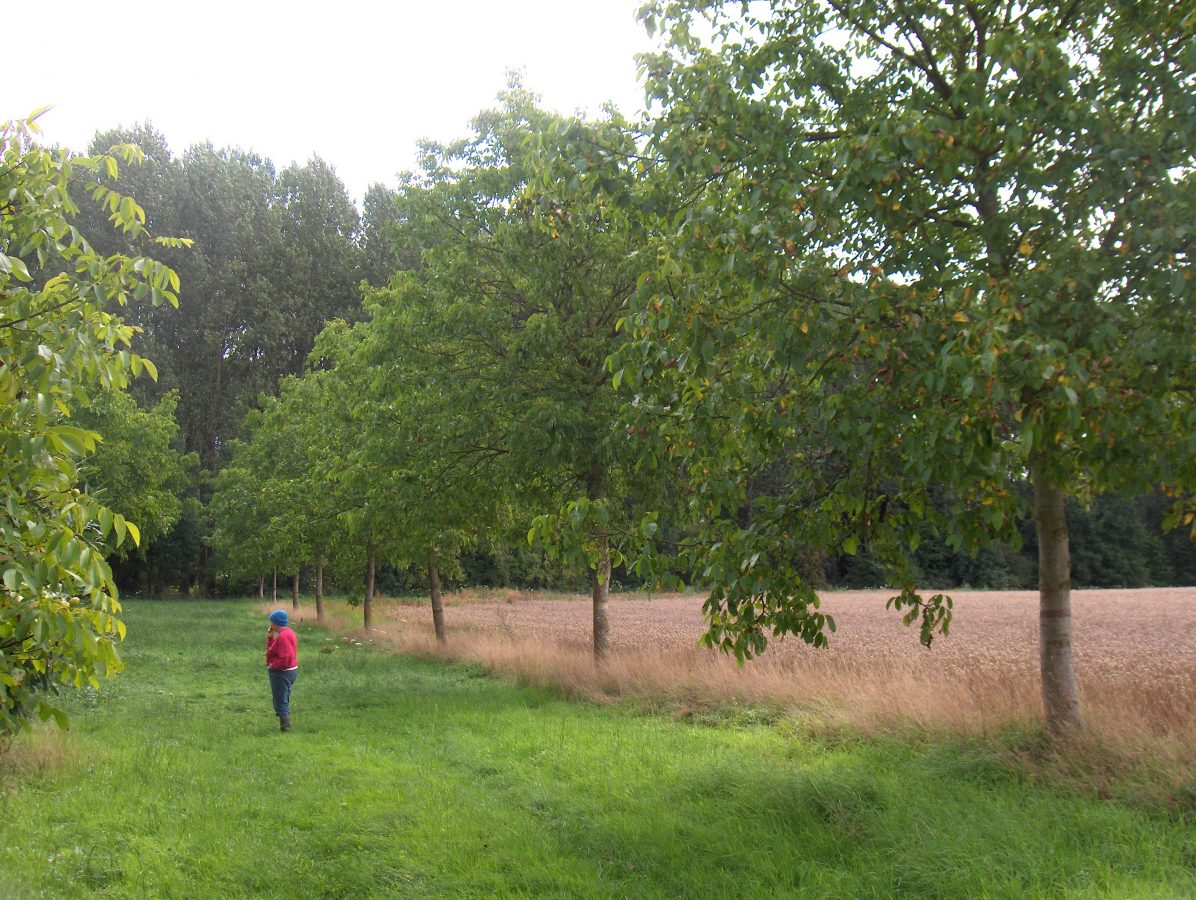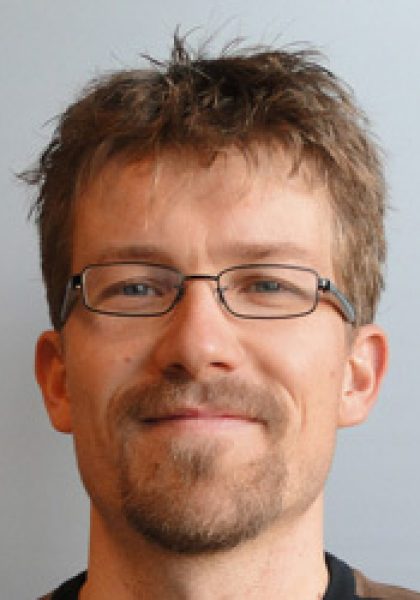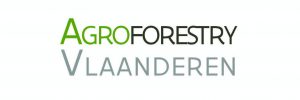Research project Agroforestry in Flanders

Contact our expert

Bert Reubens
Expert agroforestry
Agroforestry Flanders: an economically viable response to the demand for agroecological production methods
Background
Agroforestry is an interesting opportunity to stimulate the resilience of farms and to provide an answer to (the above) future challenges for Flemish agriculture, including through a contribution to diversity in the production and provision of a wide range of ecosystem services. Equally, given the expected increase in demand for high-quality wood and biomass, agroforestry can be a shock-resistant investment. In other words, Agroforestry meets a social demand for more eco-efficient (more with less) agroecological production methods with a great deal of attention for biodiversity and potential social contribution, in an economically-viable manner.Nevertheless, the adoption of and experience with agroforestry in Flanders is very limited. In addition to bottlenecks concerning legal certainty and administration, there are many agricultural, business organisation and business economic uncertainties.
Objectives
With this VLAIO project (01/09/2014 - 31/08/2019), ILVO, Inagro, UGent, Bodemkundige Dienst van België and Agrobeheercentrum Eco² want to offer solutions and guidance to the target group, in order to get agroforestry off the ground in Flanders. This is done by means of an integrated collaboration throughout the entire chain and by building up research knowledge and practical experience. We focus primarily on the soil-bound agricultural sector, without losing sight of the other links in the chain, from tree nurseries to wood- and biomass-processing companies. The overarching project objective is that of achieving a breakthrough in the relatively short term in the area of feasible, profitable and effective agroforestry systems in Flanders. This will be done by conducting a participatory process with relevant stakeholders, fed on the one hand by knowledge-building research on agroforestry in Flanders and on the other hand by effective disclosure and dissemination of knowledge.
The intended outcomes are:
- Mapping out possibilities for different forms of agroforestry in Flanders;
- Increasing knowledge on ecological interactions, ecosystem services, technical impact and above all economic opportunities for a number of agroforestry situations that are relevant for Flanders;
- Gaining insight into the intention, attitude, standards, perception and social identity of those involved, with a view to breaking down the socio-psychological barriers to adoption;
- Offering guidelines, practical recommendations and innovative solutions to farms regarding the application of agroforestry for the purpose of supporting decision-making processes;
- Stimulating and providing guidance to target group companies in the construction of agroforestry parcels adapted to their specific business situation in response to the current demand for well-founded support for companies with a concrete demand for transition to the use of agroforestry.
With this project, therefore, we not only aim to change attitudes, but also to achieve effective adoption.
An important output of the project is the development of an online knowledge counter, a practical manual and an integrated user tool. This tool will serve as an aid in selecting the most suitable system for users who want to evaluate whether agroforestry has something to offer them.
Financiers

